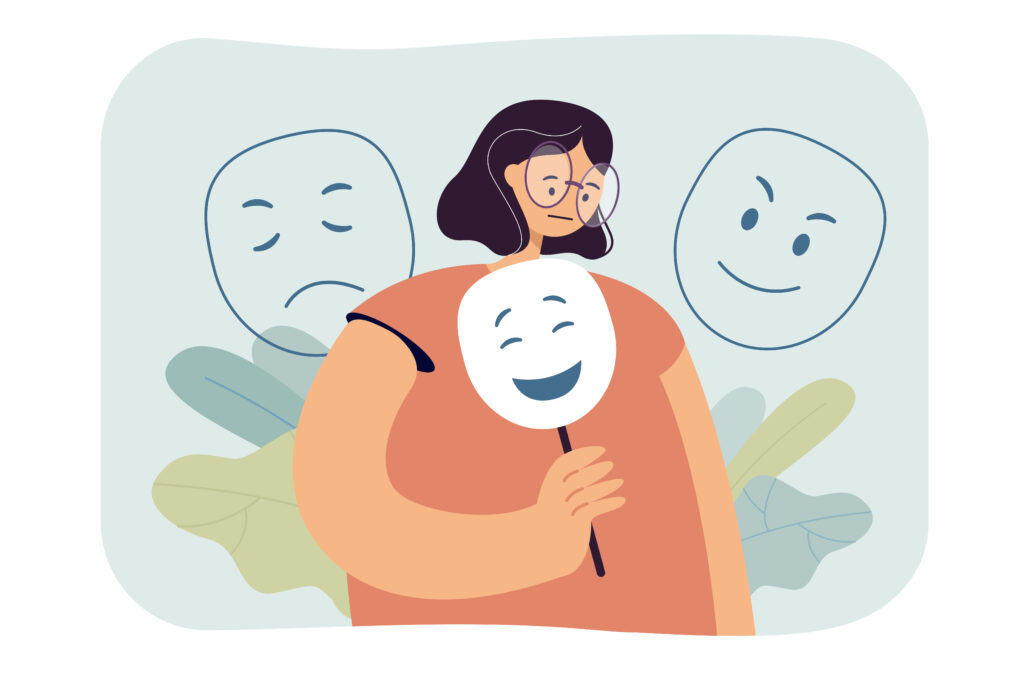
Negative Emotions: How Can Anger Be Beneficial?
Anger, sadness, ego and despair are some of the negative emotions that we all associate ourselves to, especially during trying and struggle days. As human nature, we tend to get more and more sucked into our negative emotions, but did you know these negative emotions can actually help us.Yes! You might be thinking I am making this up but it’s true, psychologist have provided us with evidence that as humans we need a goal, a drive to keep us motivated and these negative emotions can help us do that.

To understand how negative emotions may help us, we first need to define what is a positive emotion? According to Cohen and Fredrickson (2009), positive emotions are positive feelings of joy, interest, contentment and love which arise from desirable situations. So positive emotions are happy feelings, but can a person have positive emotions 24×7? Is that even natural? And what happens if we always experience positive emotions? In a nutshell, being positive is good, but experience positive emotions always is not a typical behavior. This implicates that we are suppressing our negative emotions and are not expressing it, which in time will portray inverse effects on our body and brain.
What can negative emotions teach us?
According to Psychology Today’s article ‘Beyond Happiness: The Upside of Feeling Down’ by Matthew Hutson, our perception of negative emotions is emphasized on the word negative, but they don’t necessarily have to have a negative impact on our lives. Negative emotions can help identify where our troubles are and how to fix them. Similarly, in 2015, Huffington Post published an article ‘How To Turn Negative Emotions Into Your Greatest Advantage’ stated that negative emotions actually act as a catalyst for positive experiences and positive realization if we learn to respond to them in the right manner.
We have established the fact that negative emotions can actually act as a driving force in our lives. Now, let’s try to understand the technique so that your negative emotions can help you.
The first and the foremost aspect of understanding negative emotion is to recognize and express your negative emotions. Hiding your emotions is not going to do any good for you. It’s perfectly normal to feel angry, upset, embarrassed, or any other emotion on a daily basis. If you’re not sure how to express these emotions, think about talking to a therapist.
Secondly, it is essential to identify each negative emotion as an incentive to change yourself into a better person. We have negative emotions to be more aware of our situation and to try to improve them further. If you’re not sure where your negative emotions are coming from, try to think about when you started feeling them. Knowing what’s causing these feelings is essential to using them to your benefit.
Finally, know that negative emotions have an unseen power. Psychologist Julie Norman in her book ‘The Positive Power Of Negative Thinking’ mentions that in her experience, she saw that pessimists were able to thrive because they turned a negative emotion, like anxiety, into action. Think about if you were able to turn every feeling of anger or anxiety into a productive moment in your life!
How can you use negative emotions to your benefit?
- Negative emotions and relationships: we have the maturity to understand that any positive or negative act has an inverse effect on our relationships. But in a study conducted in 2008, ‘The Positives of Negative Emotions: Willingness to Express Negative Emotions Promotes Relationships’, it was concluded that expressing negative emotions are connected to facilitate positive relationship outcome increasing intimacy and bridging close relations. Remember that fighting doesn’t mean that the relationship is doomed. Arguing allows for communication and can be beneficial for relationships.
- Anger: Feeling angry about situations or people is inevitable, but anger can actually bring about the creative side in you. In a journal ‘A Dynamic Perspective on Affect and Creativity’, the authors studied participants on their negative and positive emotions. The study asked their participants to rate their emotions at the beginning and at the end of the day, it was noted that individuals who initially started their day with negative emotions and ended with positive emotions, had the most creative output. How is this possible? The article further stressed that the participants reported that when they channeled their negative emotion of anger into their work, a creative outcome was achieved.
- Negative emotions from embarrassment or shame: We all have gone through that feeling of humiliation, shame, and embarrassment. That feeling that arises when someone says “you’re not good enough”. Initially, our negative emotions stir up and the feeling of despair sets in but gradually feelings of “I will show them that I can do it” or “I will prove myself to them” accelerate and that is the positiveness that is achieved due to channeling our negative emotions.
- Using ego as a positive tool: Ego has a negative connotation to it, the evils of ego have the power to either destroy someone or make someone. What is the ego? In short, ego defines the ‘I’ or ‘the self’, your self-perception. So just like other negative emotions, we have discussed, the ego can do us great harm, having a large ego or thinking we are greater than others takes us downhill. But funneling our ego during troubled times, such as when we think too little of ourselves is transforming our negative emotions to a positive stride. It is this “ego” that helps us grow and raise our spirits high during low times. Once again it depends on our perception of a negative emotion. An individual needs ego to help them build their self-confidence and know their worth. But to be able to balance their ego is significant.
It is easy to get trapped in between our negative emotions, but to know that you are in total control of yourself and that you have the ability to transform your negative emotions to positive emotions is crucial. Here are some tips to help you regulate your emotions:
- Know what your mind is trying to tell you about your negative emotions. Accept it and express it.
- Be mindful and aware of what’s going on. Don’t let the situation take the best from you.
- Don’t let your negative emotions drive you instead you driving your negative emotions to something positive.
- A regular self-report helps you balance your emotions and keep them in check.
- Have friends and family around you during emotional times, listen to them. Your good wishes will always help you reignite the spark that you need to change your negative emotion to a positive outcome.
- These are trying and tiring times and know that these too shall pass.
- Change your attitude and reconstruct your negative emotions to something beneficial for yourself.
Focus on the positive side of your negative emotions, remember that the term negative emotions don’t mean it’s not good for you. You can do it!














